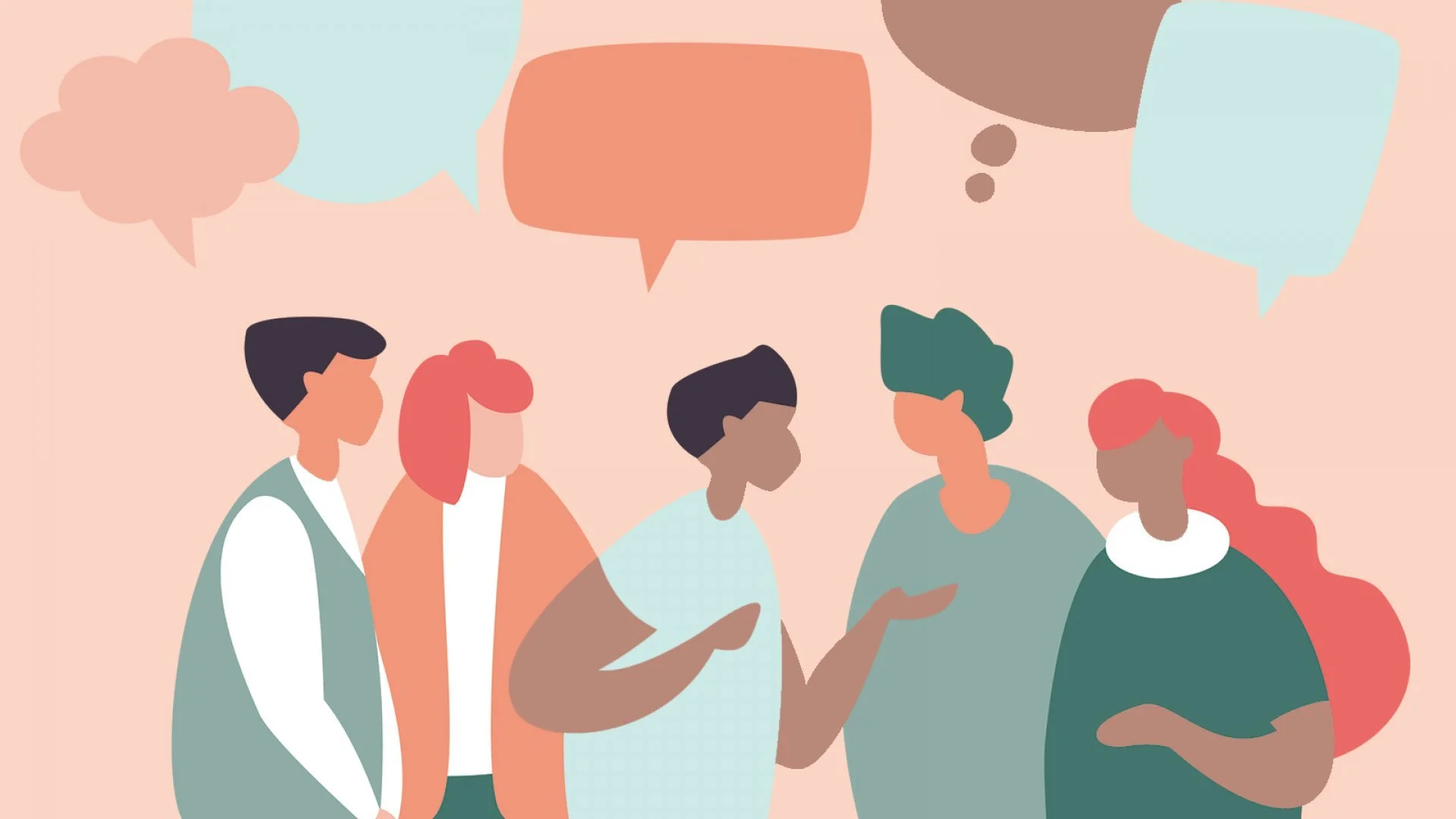Often in a product structure, product managers are responsible for the outcomes of large projects or initiatives, but they lack formal jurisdiction. They must gain trust and respect within their cross-functional teams and across the organization, then use that to influence / persuade / cajole. One way to do this effectively is to find your allies.
WHAT?
Allies can come in many forms, and can be on the same organizational level as you or not. But what they provide is support through:
Backing - allies can be a consenting voice for your ideas or an extra vote in your favor. This could be verbally / visibly present, or could be a behind the scenes influence.
Assistance - allies can provide hands-on tactical help to meet a deadline or move you over a roadblock.
Advice / information - allies can provide a new way of thinking about a problem, or additional context you might not have had.
Networking - if they can’t give the help you need, allies can send you to their contacts who might be better equipped.
Protection - allies can be your eyes and ears in other venues, helping set the record straight or encouraging folks to see your side of a problem.
Friendship - allies can be the listening ear, helping smooth over losses and celebrate wins!
WHO?
Allies can and should be from across the organization - from leadership down to individual contributors. The more diverse your set of allies, the more effective your network.
Build your strong personal support base from:
product team(s)
other product owners in the product management practice area
similar roles across across the organization (analysts, site managers, etc.)
gateway people (coordinators, exec assistants)
interest groups / practice areas (Community of Practice, steering council, equity teams)
Allies can be, but should not just be:
mentor
coach
stakeholders
HOW?
Building a team of allies is a reciprocal exercise. You can make it a verbalized reciprocal agreement with someone, or you can simply begin supporting folks and thank them when they return the favor.
You can support your ally by:
giving recognition / credit
assistance with regular tasks
giving attention / moral support
networking them with other contacts
alerting them to trends / patterns
providing resources
championing them
Note: In this context we are discussing professional allies, but equally or even more important are allies within the DEI space. There is much overlap in behavior, but the need for and imperative to be supportive in the face of bias, micro-aggressions, or harassment is much greater. Read this information from HBR to learn more.
STAND-UP EXERCISE
Discuss with your team what types of folks in your organization are good allies to the product practice area. Ask the team where they’ve found the most effective allies, and how they work to maintain those ties in their day to day.
